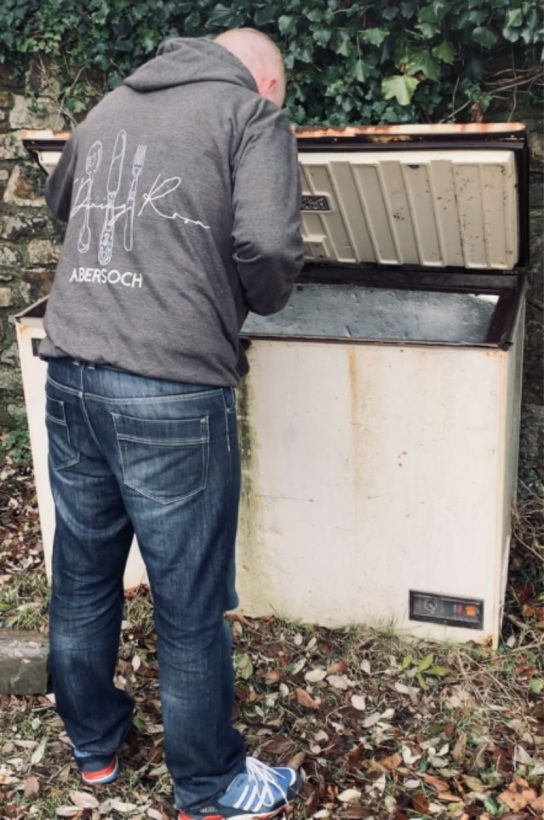A chef and small business owner on what the Budget means to him
Published 18 November 2022
by Si Toft

Si Toft, chef-owner at The Dining Room in Abersoch, Wales
I missed the budget. At least in real time. I was busy peeling potatoes in my mate’s pub, having temporarily closed my restaurant a couple of weeks ago to try and ride out the winter. I understand there was a lot of back slapping and bluster. Sigh.
Late on Thursday night, post-work, I found the time to read through what the Chancellor Jeremy Hunt has set out. As a small business owner in an industry that has felt like a whipping boy in recent years, I have no choice but to comb through the detail and find out what, if anything, the Government is doing to support me, and thousands like me.
The big front-page policy is the business rates ‘support’ package. This is a welcome parcel of relief to some, I suppose, but to me it is relatively irrelevant. If I were to get across my reaction by way of a GIF., I’d choose the one of Alan Partridge shrugging at Tony Hayers before running off with that massive cheese. To many small businesses, (and for clarity, I’m in an area that benefits from rural rate relief), business rates are such a small percentage of expenditure that shiny headline policies like this just end up making us look ungrateful for asking, ‘Well, is that it?’
And now, from the irrelevant to the missing. Like so many, I was hoping for some news on VAT – even just a freeze – something we’ve repeatedly trumpeted as important to us as a sector. A reduction would’ve helped soften the blow of constant price rises and spiralling energy bills. But nothing.
I can only assume the Government makes decisions based on votes. What Mr Hunt could have done, if he genuinely thinks hospitality is a vulnerable industry, is cut VAT on food and alcohol, giving us a fighting chance of countering some of the price rises we face across the board. But that probably wouldn’t fly with the public, would it?
The other big one I yearned to see – though didn’t really believe to be realistic, in truth – was help with energy bills. I couldn’t find any clarity on this, which is a worry. Tinkering with price caps when prices are so far beyond manageable already is of limited use in the short-term, and many of us don’t have the means to even consider a longer-term strategy. Without support now, we’ll be gone. None of us are expecting prices to go down, and yet the situation hasn’t been immediately addressed.
With the lack of help elsewhere, the minimum wage hike feels like a well-aimed kick while we’re down. Granted, this is a tricky one, because low earners desperately need help too. Freeing up cash might also encourage spending, which might in turn help us. But I’m not sure how we measure or quantify that push – will those on low incomes use that money on going out to eat and drink? They have winter energy bills to consider too.
With pay up, I’d be very interested to know how many small businesses will be passing it on and raising menu prices. They might be left with no option but to cut hours or trim their opening times. There are only so many costs that can be swallowed.
So will this increase in wages be reflected in take home pay, or will teams lose hours? This sounds brutal, and I very much doubt most business owners want to reduce hours, but what is more sensible when faced with the threat of complete closure?
Ultimately, I’m sceptical about how much more income tax and NI revenue these decisions will generate. It seems everything is reliant on people going out – many are, and it’s always warming to see, but there’s clearly been a dip. We’re in a cost-of-living crisis after all.
We operate in an industry that’s based on disposable income and there isn’t much of that around now. We needed help to give us a fighting chance, and this Budget, for the most part, really wasn’t it.




